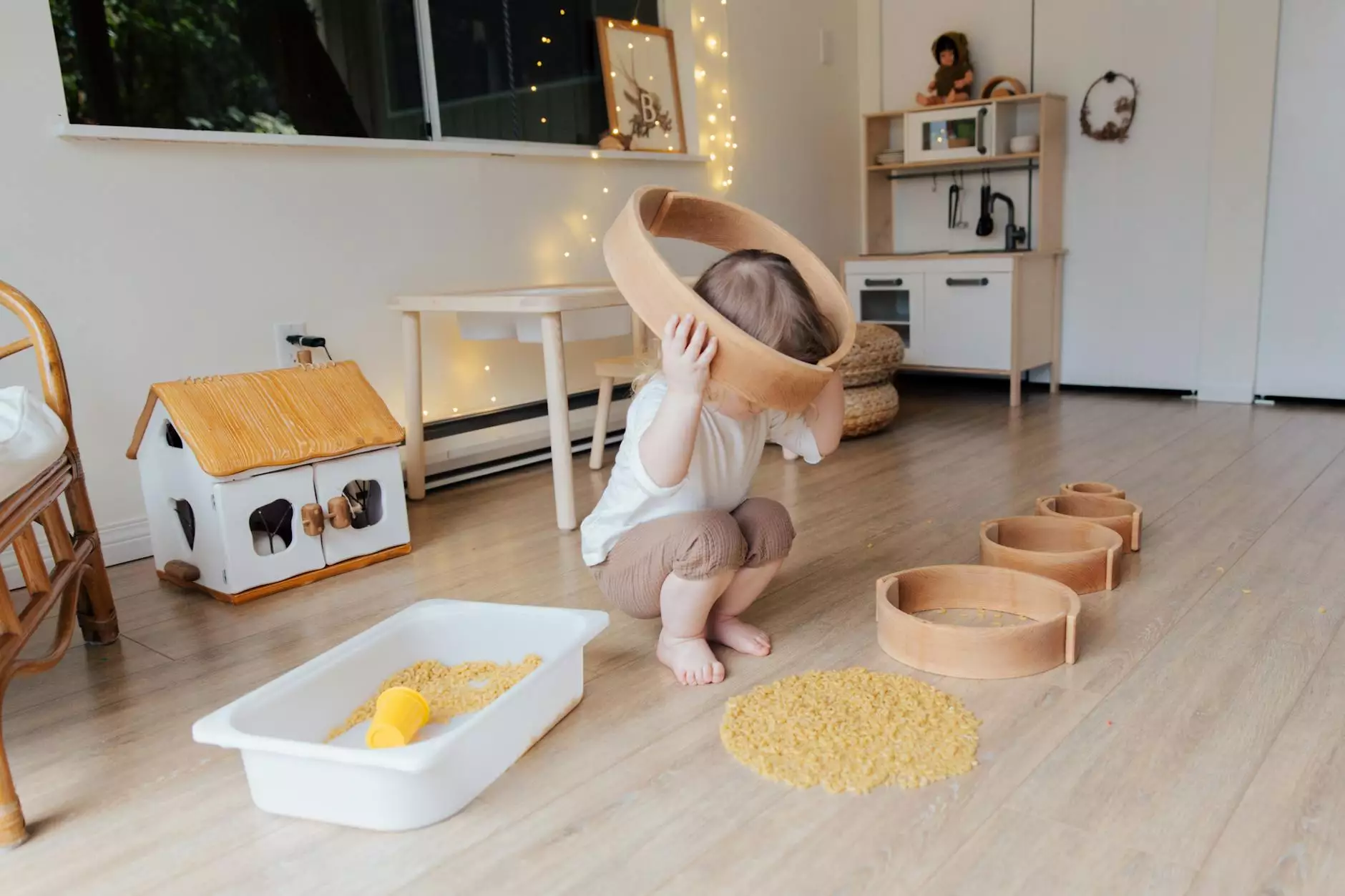The Benefits of Play-Doh for Children

As technology continues to evolve and children become surrounded by screens, it is important to remember the value of hands-on activities. Play-Doh play-doh, a popular modeling compound, offers numerous benefits to children's development. In this article, we will explore the positive impact Play-Doh can have on young minds and bodies.
1. Stimulates Creativity and Imagination
Play-Doh provides children with a blank canvas for creativity and imagination. It allows them to mold and shape the dough into anything their minds can conceive. Whether it's sculpting animals, building structures, or creating abstract art, the possibilities are endless. This free-form play encourages exploration, problem-solving, and divergent thinking, fostering a child's imaginative capabilities.
2. Enhances Sensory Skills
Playing with Play-Doh engages multiple sensory systems, which is crucial for a child's overall development. The pliable texture of the dough provides tactile stimulation, allowing children to feel and manipulate it with their hands. This tactile feedback helps develop fine motor skills, hand-eye coordination, and finger strength. Additionally, the vibrant colors and playful scents of Play-Doh further enhance the sensory experience, stimulating the senses of sight and smell.
3. Develops Fine Motor Skills
Molding, rolling, squeezing, and shaping Play-Doh requires precise hand movements, promoting the development of fine motor skills. These skills are essential for various everyday tasks, such as writing, tying shoelaces, and using utensils. Regular use of Play-Doh can strengthen hand muscles and improve dexterity, leading to better control and coordination of small movements.
4. Encourages Social Interaction
Play-Doh play-doh is not only a solo activity; it can also serve as a tool for social interaction. When children play with Play-Doh together, they learn how to share, take turns, and collaborate. They can exchange ideas, discuss their creations, and even engage in imaginative storytelling. Such interactions enhance communication skills, empathy, and cooperation, fostering healthy social development.
5. Sparks Language Development
Playing with Play-Doh can ignite language development in young children. As they manipulate the dough and bring their ideas to life, they often engage in self-talk, describing what they are creating. This self-expression helps expand their vocabulary, improve sentence structure, and develop storytelling abilities. Furthermore, when children play with others, they naturally engage in conversations, promoting language exchange and communication.
6. Promotes Relaxation and Stress Relief
Engaging in sensory play with Play-Doh can also have calming effects on children. The tactile engagement can help relieve stress, anxiety, and tension. The act of kneading and manipulating the dough can provide a soothing and therapeutic outlet for children, allowing them to unwind and relax after a long day. This relaxation response is beneficial for overall emotional well-being.
Conclusion
Play-Doh play-doh is not just a simple modeling compound; it is a powerful tool that offers a wide range of benefits for children's development. From enhancing creativity, sensory skills, and fine motor development to facilitating social interaction and language development, Play-Doh engages children's minds and bodies in a holistic way. Encouraging children to explore and express themselves through this versatile medium can have a profound impact on their overall growth and well-being.




